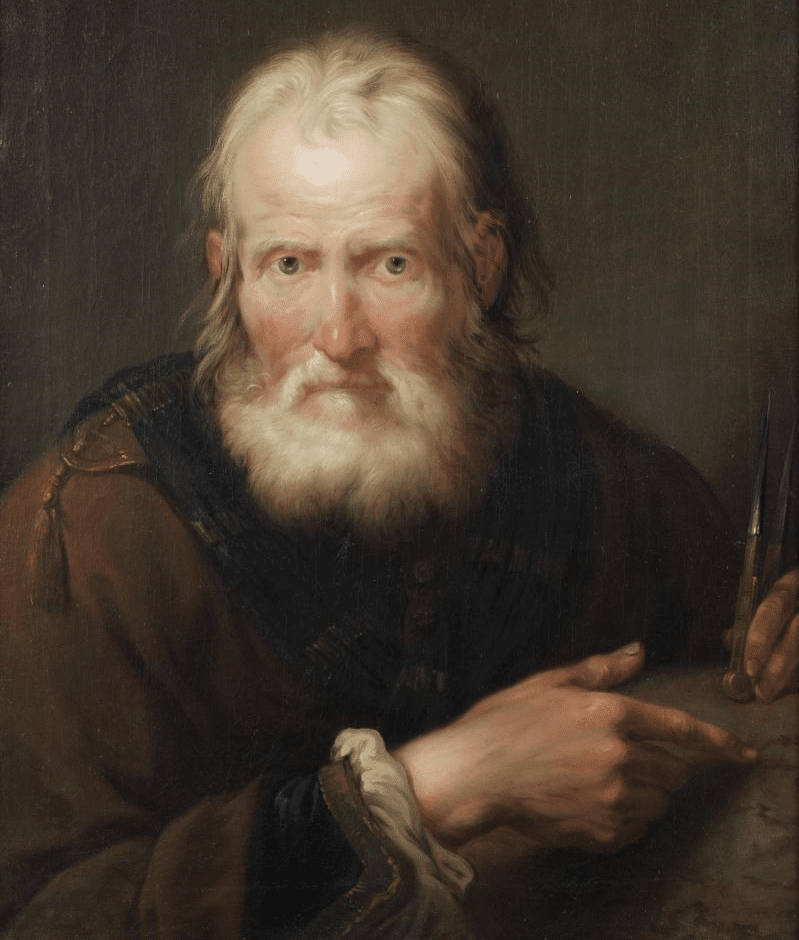The Mastermind of Ancient Science
In the pantheon of ancient thinkers, few names shine as brightly as Archimedes. Born around 287 BC in the bustling Greek city of Syracuse, Archimedes would go on to become one of the most renowned mathematicians, physicists, and engineers of antiquity. His life and works are a testament to the power of human intellect and the enduring legacy of scientific inquiry.
One of Archimedes’ most famous contributions to science is his principle of buoyancy, famously illustrated by his exclamation “Eureka!” Legend has it that while taking a bath, he noticed the water level rise as he immersed himself and realized that the volume of water displaced must be equal to the volume of the submerged part of his body. This insight led to his formulation of the principle, which states that the buoyant force acting on an object submerged in a fluid is equal to the weight of the fluid displaced.
But Archimedes’ genius extended far beyond this single discovery. He made significant advancements in mathematics, developing techniques for calculating areas, volumes, and approximating the value of π (pi). His method of exhaustion, a precursor to integral calculus, allowed him to calculate the area of a circle and the volume of a sphere with remarkable accuracy.
In the realm of engineering, Archimedes was a visionary. He designed innovative machines, such as the screw pump, which became invaluable for draining water from mines and irrigating fields. His understanding of mechanics enabled him to create powerful siege engines that defended Syracuse against Roman invaders during the Second Punic War.
Yet perhaps one of Archimedes’ most enduring legacies lies in his contributions to the field of physics. He formulated fundamental principles that govern the behavior of levers, pulleys, and simple machines, laying the groundwork for the study of mechanics. His work on the center of gravity revolutionized the understanding of balance and stability, influencing generations of scientists and engineers.
Despite his unparalleled achievements, Archimedes was a humble man who shunned fame and fortune. He preferred the solitude of his studies, where he could devote himself fully to the pursuit of knowledge. His writings, though sparse, have had a profound impact on the course of human history, inspiring countless generations of scholars to explore the mysteries of the universe.
Tragically, Archimedes’ life was cut short during the capture of Syracuse by Roman forces in 212 BC. According to historical accounts, he was killed by a Roman soldier while engrossed in a mathematical diagram, a poignant reminder of the timeless pursuit of truth amidst the chaos of war.
In the centuries that followed, Archimedes’ legacy only grew stronger. His works were preserved and studied by scholars across the Mediterranean world, influencing luminaries such as Galileo Galilei and Isaac Newton. Today, his name remains synonymous with genius, his contributions to science serving as a beacon of inspiration for all who dare to explore the frontiers of knowledge. Archimedes, the mastermind of ancient science, continues to illuminate the path of discovery for generations to come.
